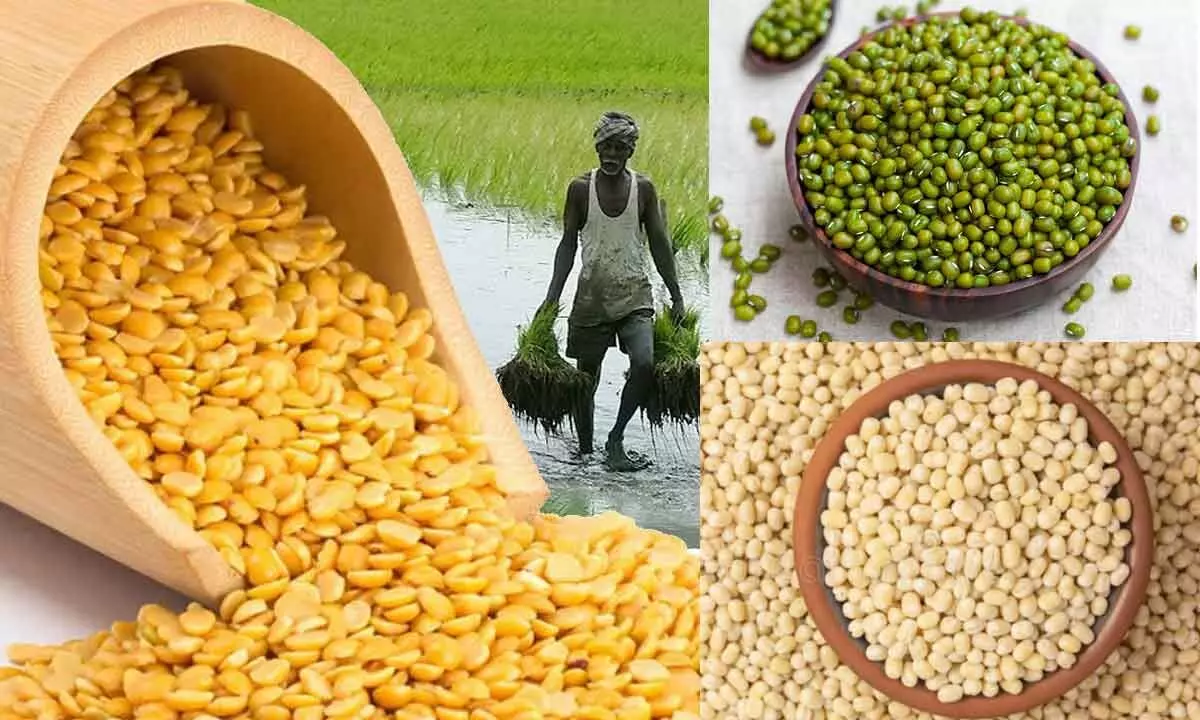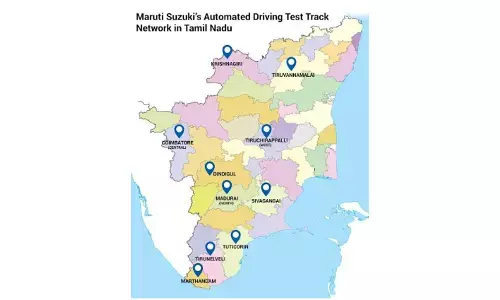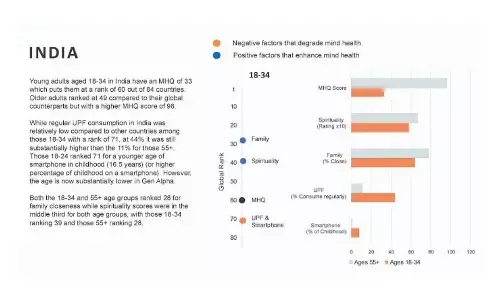Telangana sees drop in pulses production

- Cultivation of pulses on decline in the State owing to various factors such as climate, minimum support price, and scarcity of labour
- The delay in arrival of monsoon impacted the sowing of pulses
Hyderabad: In Telangana, farmers are pointing out a shift in cultivation trends. They emphasise that the government’s unwavering commitment to procure paddy has significantly contributed to this alteration, leading to a noticeable decline in the cultivation of pulses.
Amidst the escalating prices of pulses observed across multiple urban centres, where Tur dal commands a steep rate of approximately Rs. 160-170 per kg, and Moong dal hovers at Rs 120-130 per kg, farmers within the State are underscoring a complex predicament. They assert that the dwindling cultivation of pulses stems not only from unfavorable climatic conditions but also from an interplay of factors like the Minimum Support Price regulations and a scarcity of labor.
Speaking to The Hans India, a senior official in the Department of Agriculture, said, “While the deferred onset of the monsoon remains a prominent factor influencing farmers' hesitancy towards pulse cultivation, it’s equally noteworthy that the decision ultimately rests on individual farmer preferences. This sentiment coincides with the observable trend of increased cultivation in paddy and cotton crops.”
Towards the end of the third week of August 2023, the Agriculture Department reports a noteworthy disparity in pulse cultivation, which is yet to attain even half of the typical seasonal acreage. The sowing of redgram covered 4.57 lakh acres, while green gram and black gram occupied 0.52 lakh acres and 0.19 lakh acres, respectively. In contrast, the abundant rainfall in July facilitated the sowing and transplantation of other Kharif crops like paddy, maize, and cotton.
While the delay in the onset of the monsoon can indeed be identified as a key contributing factor to the reduction in pulse cultivation, it’s significant that a substantial number of Telangana’s farmers are concurrently gravitating towards paddy cultivation. This shift is attributed to the government’s unequivocal commitment to procuring the yielded crops, a policy that is notably proving advantageous for farmers, claims a senior official, Prof. Jayshankar Telangana State Agricultural University (PJTSAU).
Amidst the shifting dynamics, Devender Reddy, a farmer hailing from Warangal says the significant role adverse climatic conditions are playing in diminishing pulse cultivation within the State. The critical flowering phase of pulses has been notably disrupted by untimely rainfall occurring in late October and early November, compounded by the premature onset of fog brought on by the early arrival of the winter season.
Beyond the influence of climatic conditions, another pressing factor exacerbating the waning enthusiasm for pulse cultivation stems from the farmers' struggle to secure the minimum support price for their yields post-harvest. This predicament has notably eroded their motivation to engage fervently in pulse farming.
Further, the shortage of labor during the crucial pulse harvesting period compounds these challenges, as complete reliance on farm mechanization for the harvest remains impractical.











